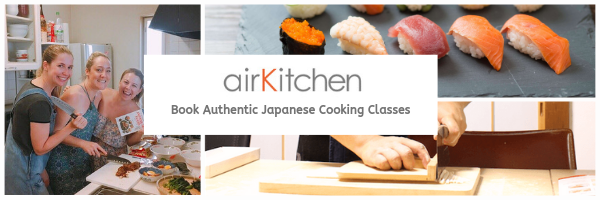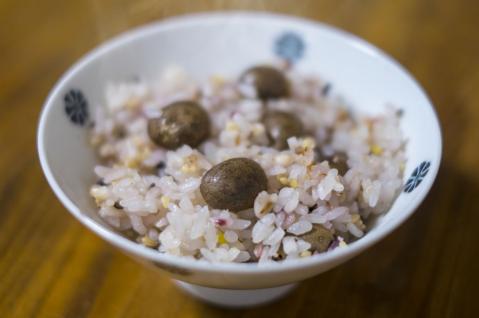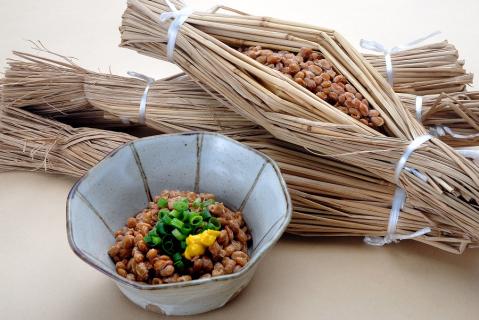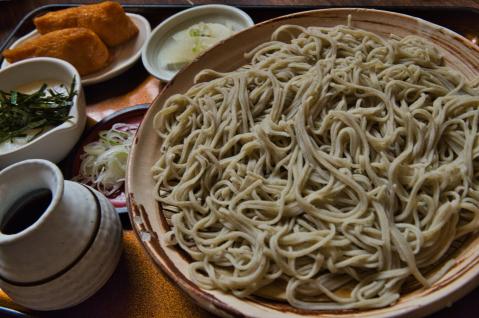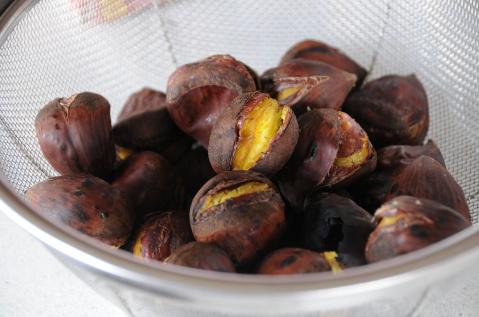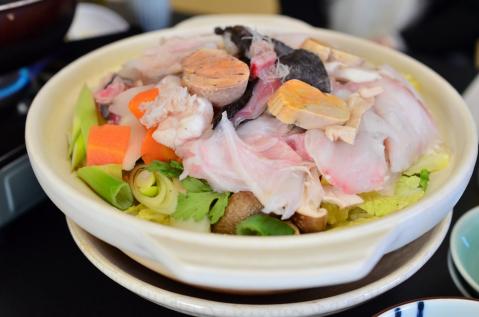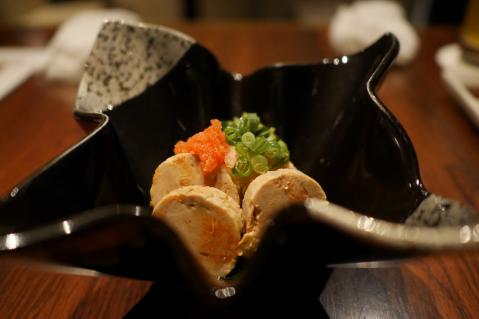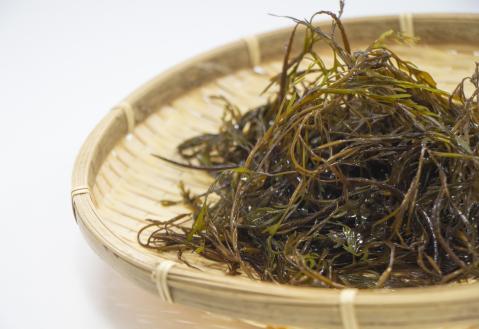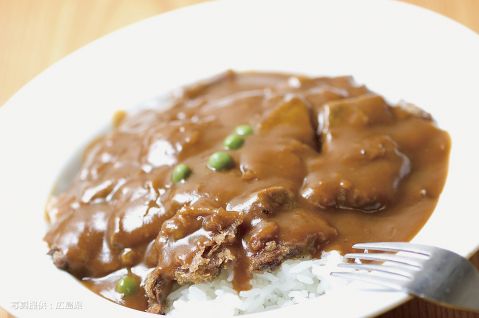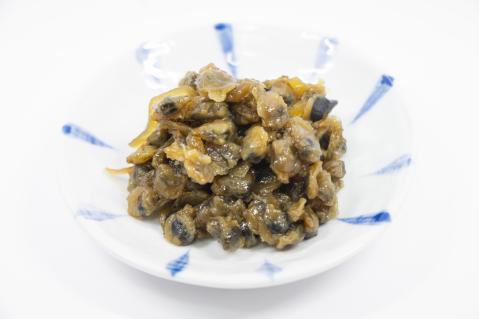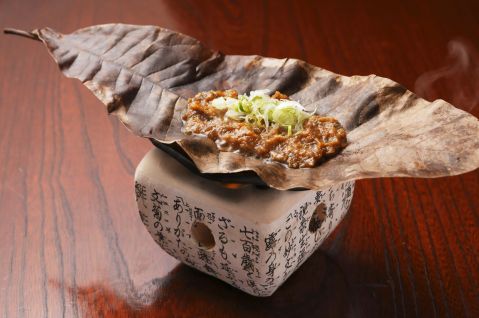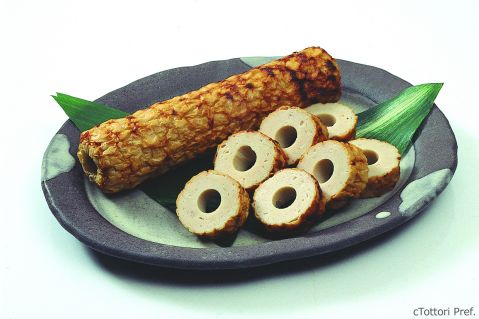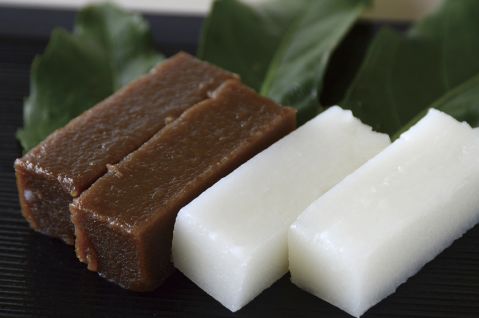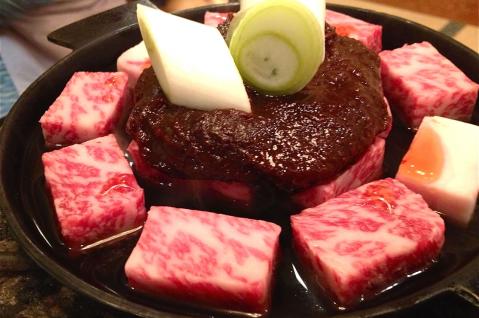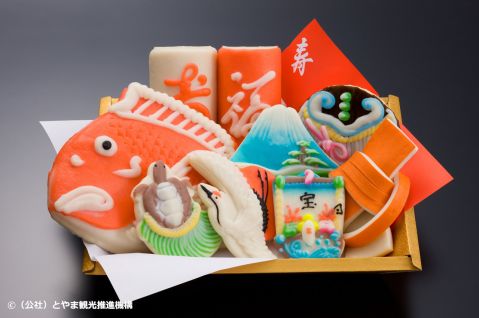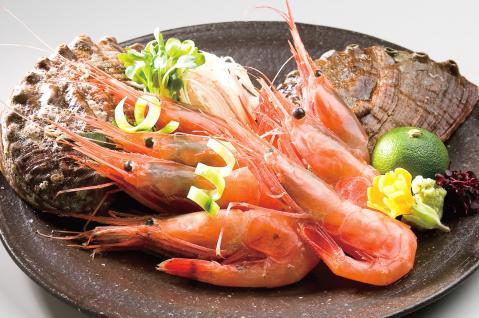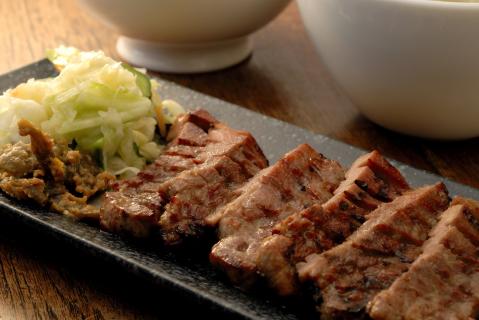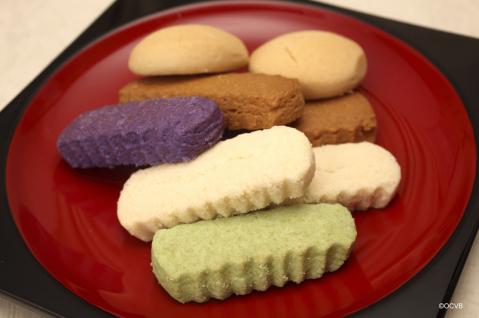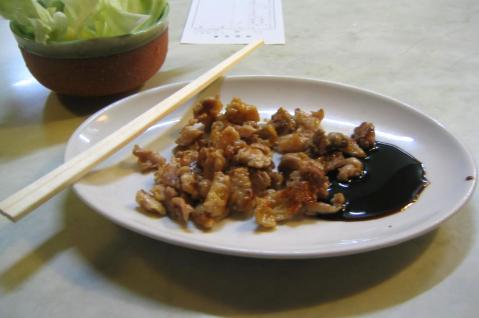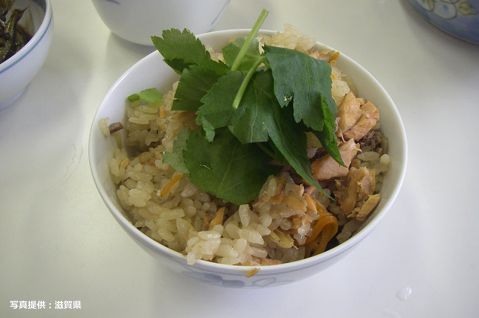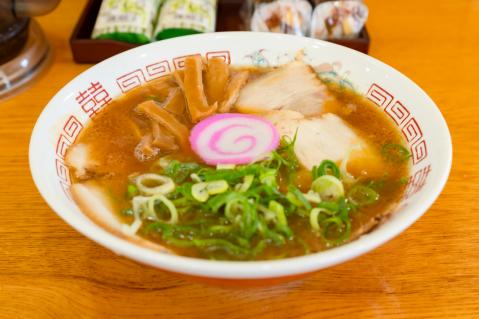Shikinbai
A perfect companion for white rice, rice porridge, and rice balls
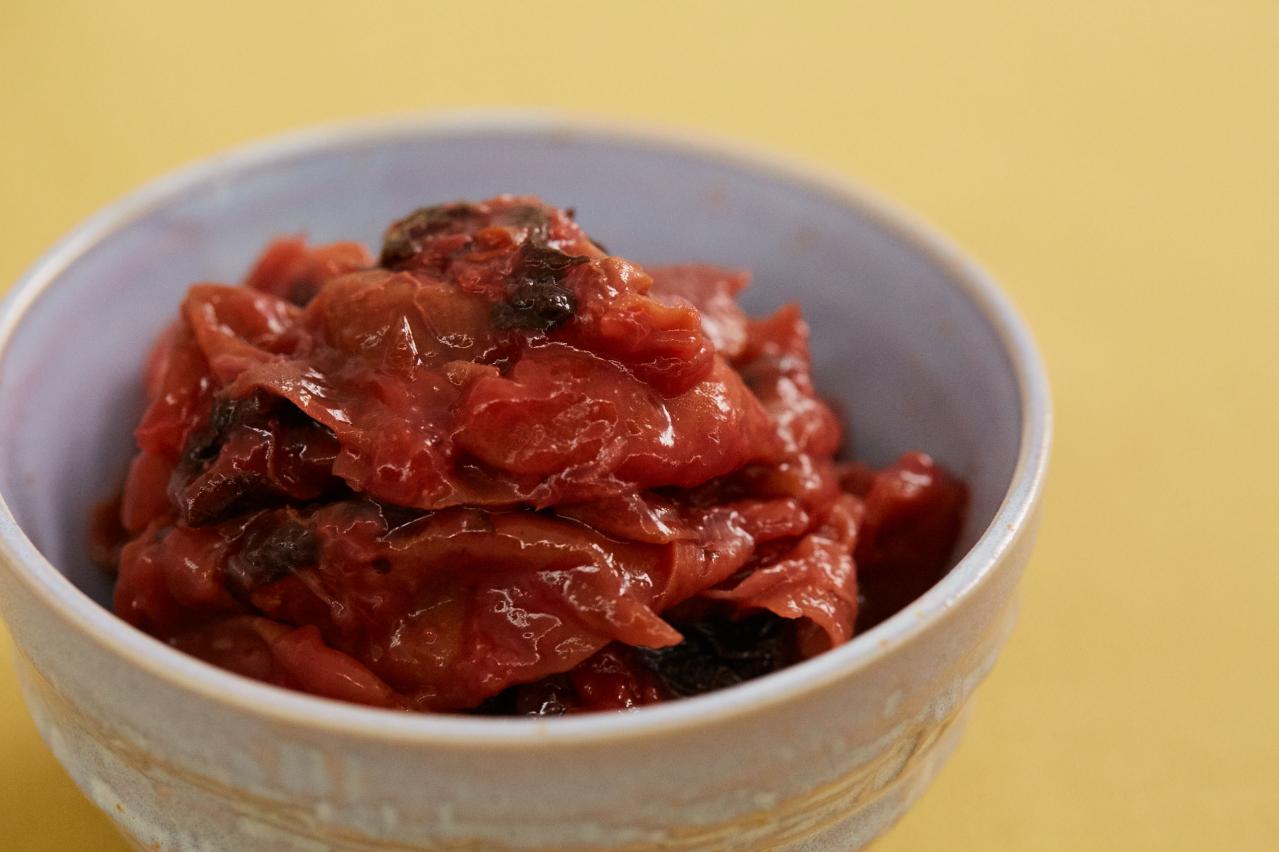
About Shikinbai
Shikinbai (紫錦梅, Shikinbai) is a delightful regional specialty deeply tied to Kairakuen, one of Japan’s Three Great Gardens, located in Mito, Ibaraki Prefecture. Kairakuen boasts around 100 varieties of plum trees, with a total of 3,000 plum trees, making it a famous plum-viewing destination in Japan.
The garden was established by Nariaki Tokugawa, the 9th lord of the Mito Domain. Nariaki planted an abundance of plum trees for two main reasons. First, the blossoms bring cheer and hope as a sign of spring’s arrival. Second, the tartness of the plum fruit was perfect for alleviating thirst and fatigue, making it an ideal food source for military provisions. Thus, plum trees were planted extensively.
Shikinbai was an ingenious creation by Lord Nariaki himself, designed to make the most of the plums harvested in Kairakuen. While unblemished, beautiful plums were used for pickled umeboshi or plum wine, damaged or less visually appealing plums were crushed with a wooden mallet, had their seeds removed, and were marinated with perilla leaves. This resulted in the savory Shikinbai, also known as “Umebisho.”
In Ibaraki Prefecture, plum trees can be found not only in Kairakuen but also in other renowned locations, such as Kodokan in central Mito City and Mount Tsukuba. Despite its rich tradition with plums, edible plums were not widely distributed in the region for a long time. However, in recent years, Ibaraki Prefecture has been promoting its brand of plums, Hitachino Ume, establishing plums as a notable local culinary specialty.
Related videos
Reviews
There are no reviews yet.
Regional cuisine of Ibaraki region
Japanese Cuisine - Local cuisine
Kind of food
Recommended
-
![Gyunabe (Beef Hot Pot)]()
Gyunabe (Beef Hot Pot)
Kanagawa / >Nabe dish -
![Saiku Kamaboko]()
Saiku Kamaboko
Toyama / >Local cuisine -
![Amaebi (Sweet Shrimp)]()
Amaebi (Sweet Shrimp)
Fukui / >Seafood -
![Beef Tongue]()
Beef Tongue
Miyagi / >Meat dish -
![Chinsuko]()
Chinsuko
Okinawa / >Local cuisine -
![Imabari Yakitori]()
Imabari Yakitori
Ehime / >Yakitori & Kusiyaki -
![Amenoio Rice]()
Amenoio Rice
Shiga / >Local cuisine -
![Wakayama Ramen]()
Wakayama Ramen
Wakayama / >Ramen
